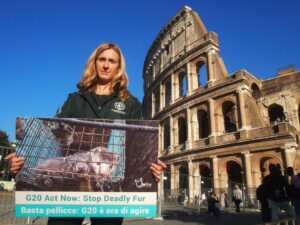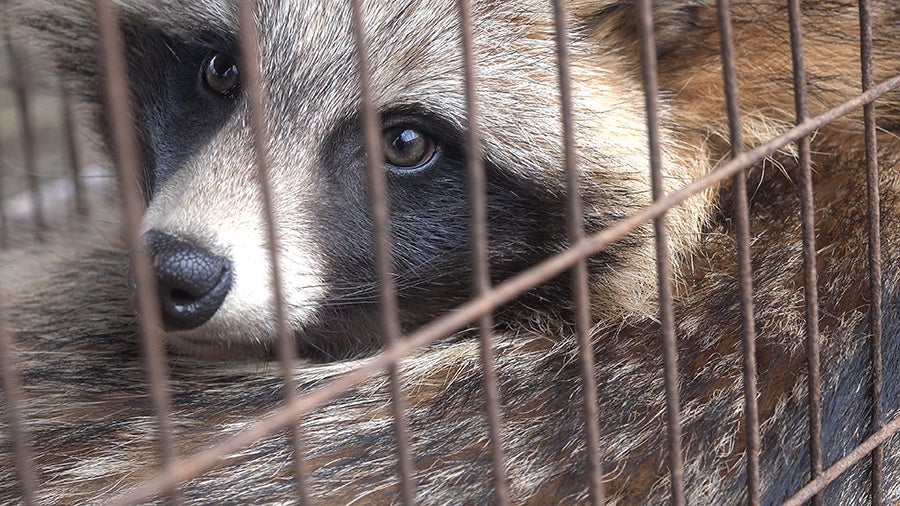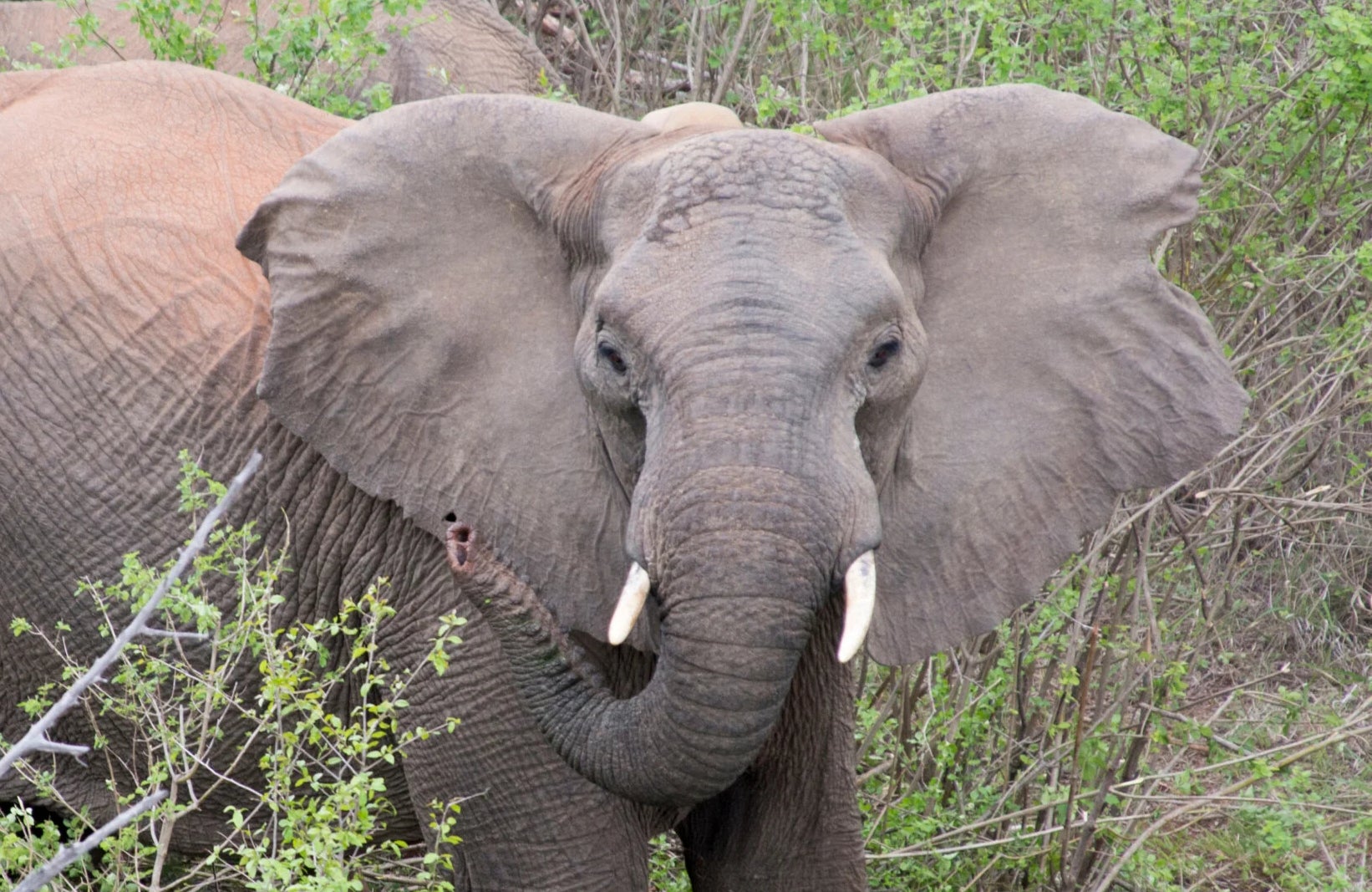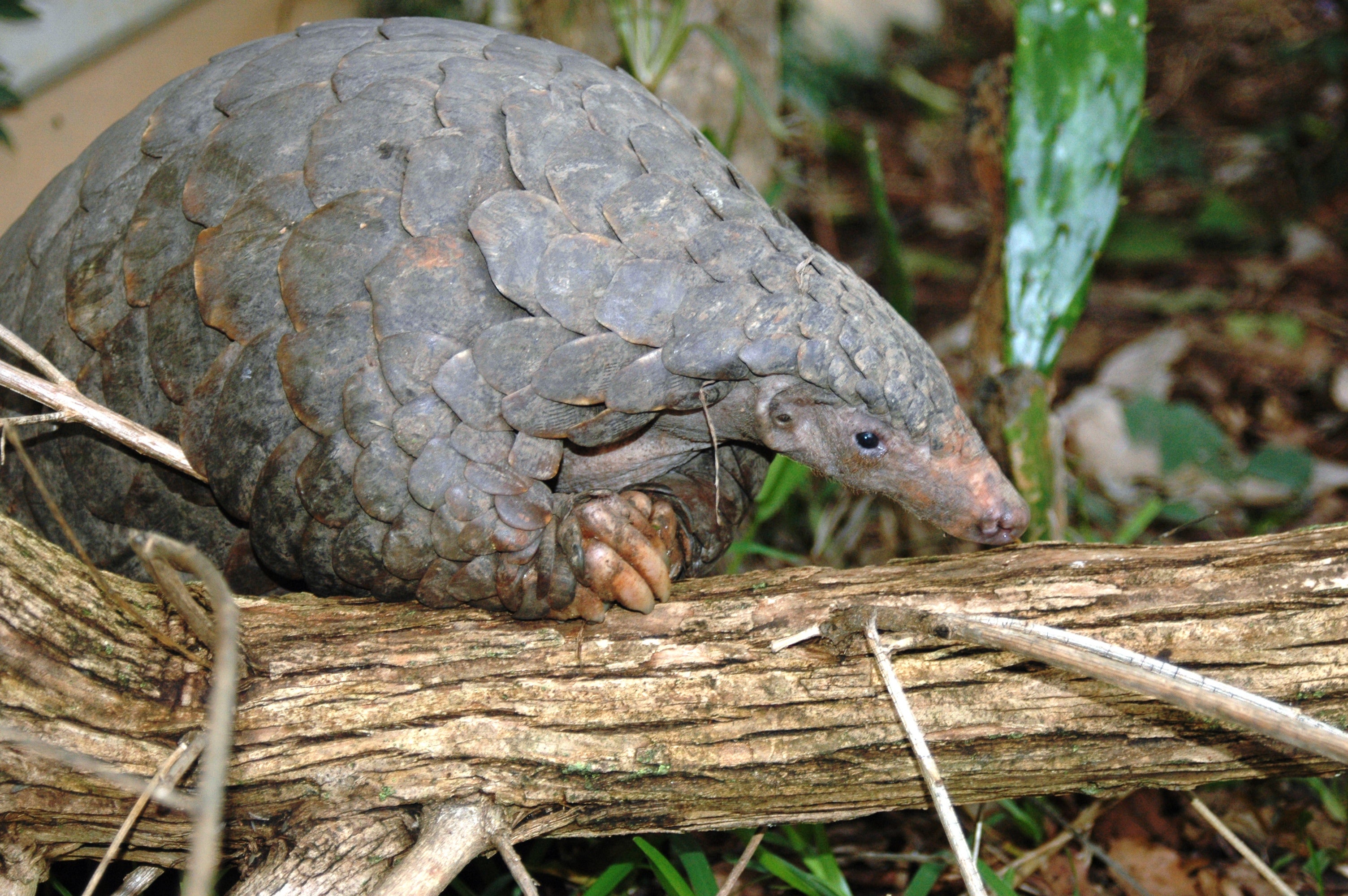
ROME—Ahead of the G20 meeting this month in Rome, a petition of almost 900,000 signatures gathered by the Fur Free Alliance urging world leaders to permanently end fur farming to prevent continued outbreaks of SARS-CoV-2 as well as protect against future zoonotic pandemics has been submitted. World leaders including UK Prime Minister Boris Johnson have also received a letter from the global coalition of animal NGOs, urging action. The UK banned fur farming in 2003 but still imports millions of pounds worth of fur from overseas, a practice that Fur Free Alliance member Humane Society International/UK is calling to be banned. The petition and letters come in the wake of 446 outbreaks of SARS-CoV-2 on mink fur farms in the Netherlands, Denmark, Poland, Lithuania, Greece, Spain, Sweden, France, Italy, Latvia, the United States and Canada, with the most recent outbreak in Spain this week.
A growing number of experts express grave concerns about the human health risks of the fur trade. In its report last November, the European Centre for Disease Control warned that the evolution of the virus in mink could undermine the effectiveness of vaccines in humans, and that “continued transmission of SARS-CoV-2 in mink farms may eventually give rise to other variants of concern.” In June this year, 67 virologists, epidemiologists, infectious disease specialists, veterinarians and animal behaviourists from across the globe called for action to end fur farming, and the World Organisation for Animal Health’s ad hoc Group on COVID-19 and Safe Trade in Animals and Animal Products has concluded that raw mink skins cannot be considered a safe commodity for international trade.
Jeffrey Flocken, president of Humane Society International, says: “Governments cannot respond to the COVID-19 crisis on mink fur farms simply by monitoring outbreaks and allowing fur farmers to continue business as usual. The appalling conditions on fur farms make them a ticking time bomb for pandemic disease risk. Disease transmission experts warn that it is a matter of when, and not if, another deadly virus hits if we continue to keep animals in these unnatural and horrific conditions. Now, hundreds of thousands of global citizens are also urging G20 leaders to publicly acknowledge that fur farming must end.”
Fourteen countries including the United Kingdom, the Netherlands, Hungary and Lithuania have already acted to ban fur farming, and the practice is currently suspended in Denmark, Italy and Sweden. However, many countries across Europe, China, Russia and North America continue to intensively rear tens of millions of fox, mink and raccoon dogs, all of which are species susceptible to coronaviruses. For the sake of fur fashion, these animals spend their entire lives confined to tiny, barren, wire cages that not only cause immense suffering, but also present a serious public-health risk. The cramped conditions, poor hygiene, stress, injuries, disease, minimal veterinary care and lack of genetic diversity all mean that fur farms create ideal conditions for viruses to be transmitted and to mutate, creating new strains.
Rare but concerning cases of animal-to-human disease transmission have been documented. Research in the Netherlands using whole genome sequencing revealed that at least 66 people working on mink fur farms became infected with SARS-CoV-2, and the preliminary report of an outbreak of SARS- CoV-2 in mink and mink farmers in Denmark, published in February 2021, researchers concluded that 19% of people identified as being connected to mink farms became infected, with approximately 4,000 human cases estimated to be infected with a mink variant.
Download Photos/Video of Undercover Investigation at a Chinese Fur Farm
Download Photos/Video of Undercover Investigation at a Finnish Fur Farm
Facts:
- Outbreaks of COVID-19 have been documented on 446 mink fur farms in 12 different countries in Europe and North America since April 2020, including Canada (three farms), Denmark (290 farms), France (one farm), Greece (25 farms), Italy (two farms), Latvia (one farm), Lithuania (four farms), Netherlands (69 farms), Poland (three farm), Spain (17 farms), Sweden (14 farms) and the United States (17 farms).
- More than 100 million animals are killed for their fur every year worldwide, on fur farms and trapped in the wild—that’s equivalent to three animals dying every second, just for their fur.
- Fur farming has been banned and/or is in the process of being phased-out in Austria, Belgium, Bosnia and Herzegovina, Croatia, Czech Republic, Estonia, Hungary, Luxembourg, the Netherlands, Northern Macedonia, Norway, Serbia, Slovakia, Slovenia and the United Kingdom. France, the Republic of Ireland, Bulgaria, Latvia, Lithuania, Montenegro, Spain and Ukraine are also considering bans on fur farming.
- Earlier this year Israel became the first country in the world to ban the sale of fur. In the United States, California became the first US state to ban fur sales in 2019 following similar bans in cities including Los Angeles, San Francisco, Berkeley and West Hollywood. The towns of Weston and Wellesley in Massachusetts and the city of Ann Arbor in Michigan have also recently banned fur sales, and more US cities and states are looking to follow suit.
ENDS
Media contact: Wendy Higgins: whiggins@hsi.org



